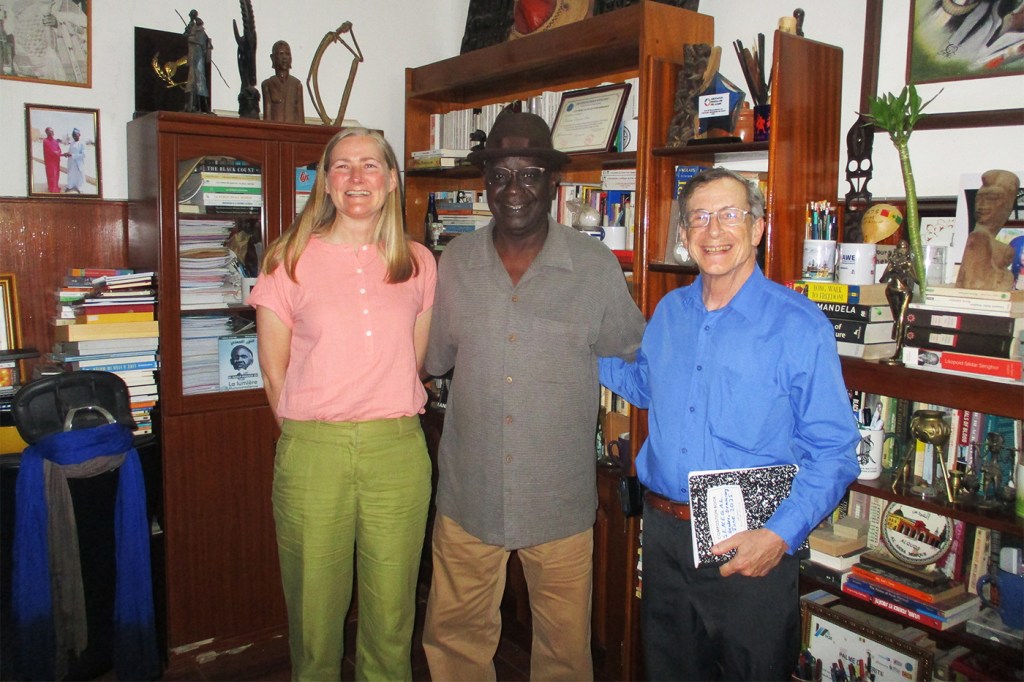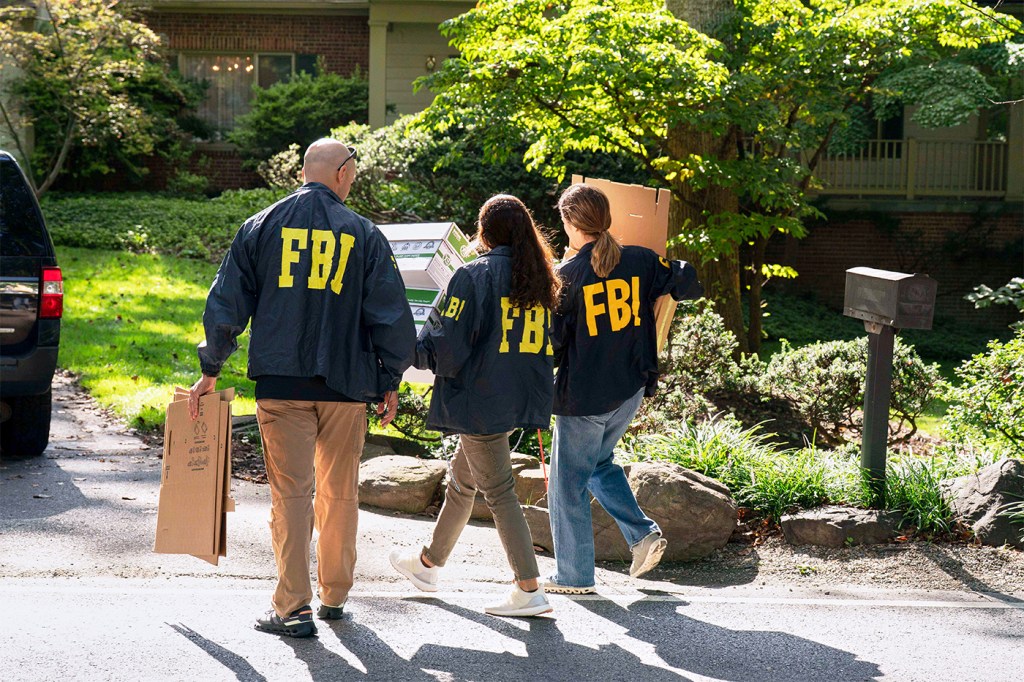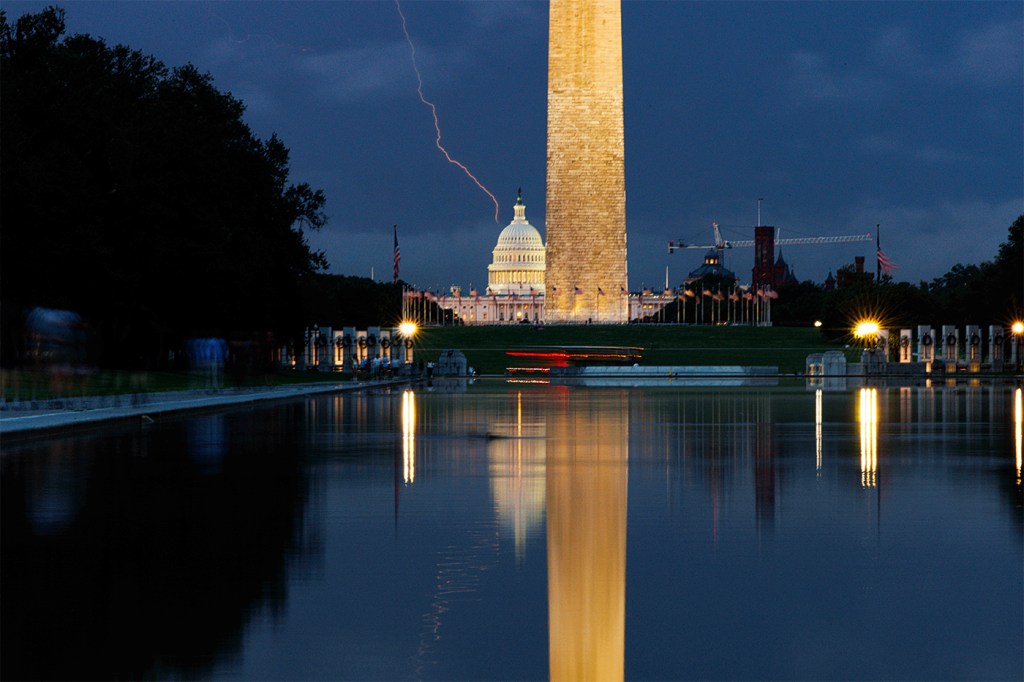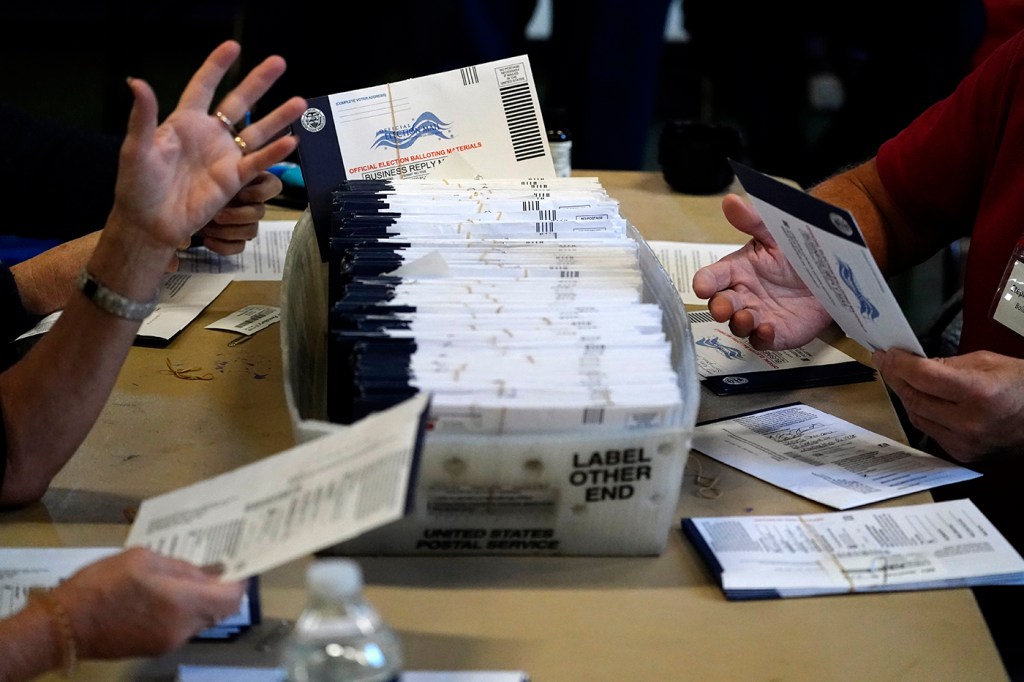The ICC has requested arrest warrants for Israeli and Hamas leaders. Expert in international law outlines possible next steps
A Northeastern international law scholar says it’s likely the international body will seek further charges against other military leaders.
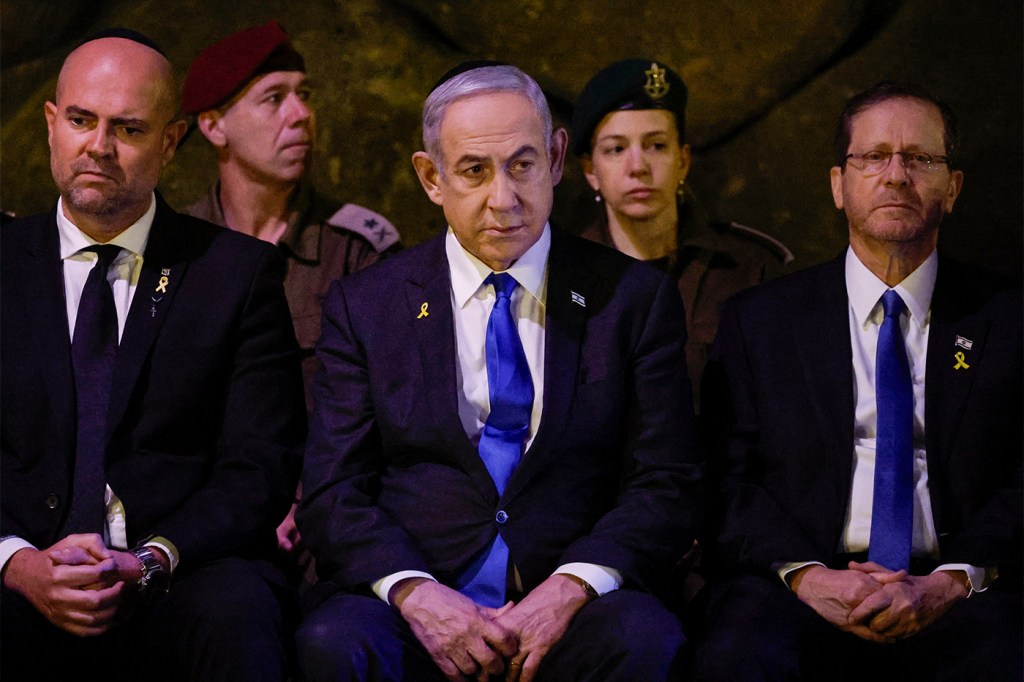
This report is part of ongoing coverage of the Israel-Hamas war. Visit our dedicated page for more on this topic.
The prosecutor for the International Criminal Court (ICC) has requested arrest warrants for Israeli Prime Minister Benjamin Netanyahu, his defense minister, and leaders of Hamas on charges of war crimes linked to the ongoing Israel-Hamas war.
In a statement, Karim Khan cited three Hamas leaders — Yahya Sinwar, Mohammed Deif and Ismail Haniyeh — as well as Netanyahu and Yoav Gallant.
The charges sought against Hamas stem from — among other things — hostage-taking, sexual violence, torture and “other inhumane acts” during the war. The charges sought against the Israeli leaders have to do with starvation of civilians, directing attacks against civilians, “extermination and/or murder,” among “other inhumane acts,” ICC officials said.
Now that the requests for warrants have been made, Alexandra Meise, associate teaching professor at Northeastern University School of Law, says it’s likely the international body will seek further charges against other military leaders. She cited a complementary report published Monday by the ICC’s panel of experts in international law that notes that the investigation into the “situation in the state of Palestine” could well be in the beginning stages.
“This is step one, and it’s going to be a long process,” Meise tells Northeastern Global News. “Often these cases take years to come to fruition, so this is likely only the beginning.”

Meise notes that the ICC’s request for warrants still has to be approved by a three-judge panel.
Established in 2002 and in operation since 2003, the ICC was convened to prosecute four specific violations of international law: war crimes, crimes against humanity, genocide and crimes of aggression. The ICC is based in The Hague, Netherlands.
Meise says the court is designed to go after leaders who are principally in charge of the acts alleged — for example, those involved in “strategic planning and design.” Not all potential criminal acts — such as crimes against humanity — need have taken place in the context of an ongoing war, she notes.
Featured Posts
Meise says that further prosecution would, therefore, focus on a handful of individuals.
“It’s still going to probably be a relatively small set [of individuals] because it’s looking at only those who are most responsible,” she says.
ICC membership
Israel, like the U.S., is not a member of the International Criminal Court, having declined the sign the Rome Statute — the treaty that established the court. But the ICC has jurisdiction over “crimes committed on the territory of Palestine,” including Gaza, since June 13, 2014, when the Palestinian government accepted the court’s jurisdiction.
That means, in addition to acts tied to Israel’s actions in Gaza, that any crimes committed by “Palestinian nationals” — such as the alleged kidnapping, rape and murder of Israelis within Israel — fall under the court’s jurisdiction, Meise says.
“Even if they’re committing a crime that is not on Palestinian territory, it could potentially be within the jurisdiction of the court,” Meise says.
Citing the substantial documentation submitted to his office, Khan notes that he believes the evidence demonstrates that “Israel has intentionally and systematically deprived the civilian population in all parts of Gaza of objects indispensable to human survival.”
“My office submits that the war crimes alleged in these applications were committed in the context of an international armed conflict between Israel and Palestine, and a non-international armed conflict between Israel and Hamas (together with other Palestinian Armed Groups) running in parallel,” Khan said. “We submit that the crimes against humanity charged were committed as part of a widespread and systematic attack against the Palestinian civilian population pursuant to State policy. These crimes, in our assessment, continue to this day.”
“The panel agrees with the prosecutor that further investigations are warranted, and hopes that victims and witnesses will choose to come forward to support the ongoing investigations,” the expert panel wrote.
What does this mean for Netanyahu? Would he be subject to arrest if he traveled to ICC member states?
Were Netanyahu to be officially charged by the ICC, it would make engaging in diplomacy much more difficult. There are 124 member countries signed onto the Rome Statute. If Netanyahu were to visit a member country while an ICC arrest warrant is active, officials there may feel compelled to comply with international law and arrest him — or with potential requests for extradition.
“There are obligations that these states have made under their international agreements, including the Rome Statute, and a state can be brought to bear for not behaving in accordance with those agreements,” Meise says.
However, the ICC does not have its own police force or enforcement mechanism for carrying out arrests.
Responding to potential ICC proceedings last month, Netanyahu said: “Under my leadership, Israel will never accept any attempt by the ICC to undermine its inherent right of self-defense.”
“The threat to seize the soldiers and officials of the Middle East’s only democracy and the world’s only Jewish state is outrageous. We will not bow to it,” he said on X. “Israel will continue to wage to victory our just war against genocidal terrorists and we will never stop defending ourselves.”





